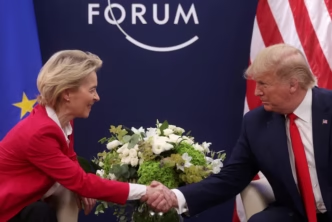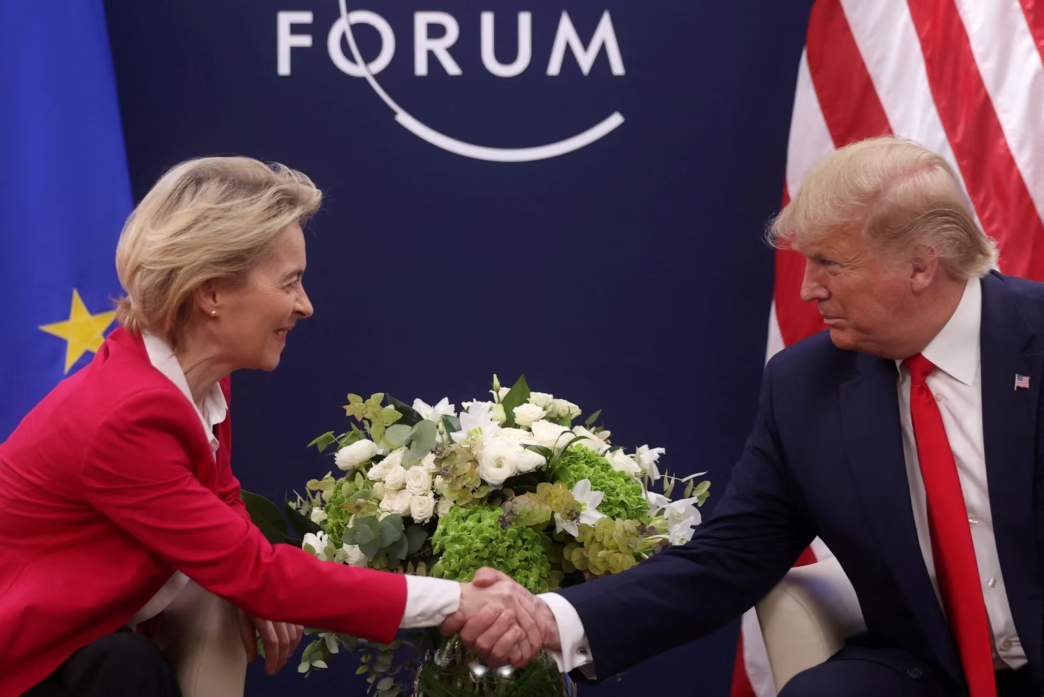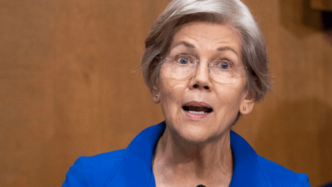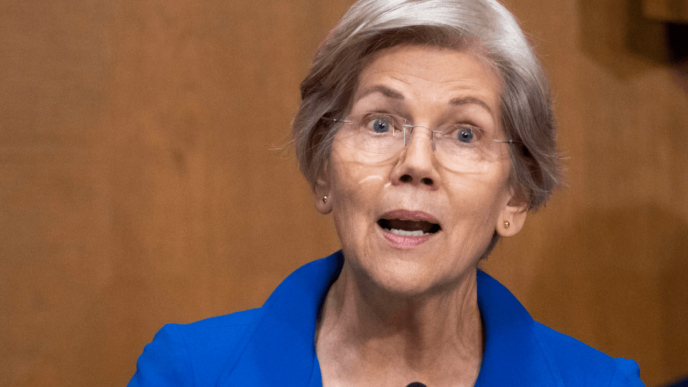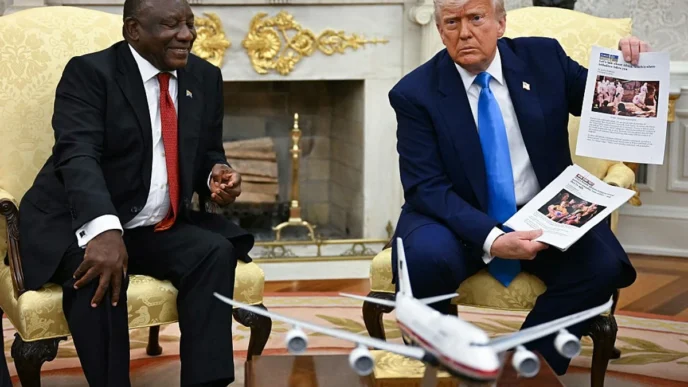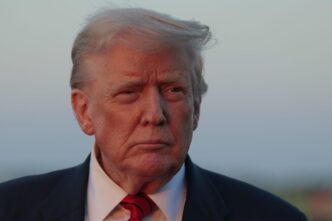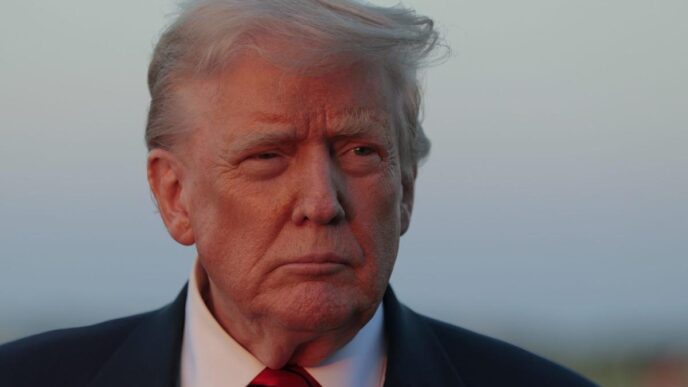The United States is advocating for a prominent role in the European Union’s regulatory oversight mechanisms as part of ongoing trade negotiations. The proposal aims to grant the US greater involvement in monitoring and influencing EU regulatory decisions that impact bilateral trade, seeking to enhance transparency and cooperation between the two economic powers.
By securing a seat at the table in the EU’s regulatory surveillance processes, the US hopes to reduce trade barriers stemming from differing standards and regulations. Officials argue that closer alignment and early engagement on regulatory changes would benefit businesses on both sides by preventing unexpected disruptions and facilitating smoother market access.
However, the move has raised concerns among some European stakeholders wary of ceding regulatory sovereignty. Balancing regulatory autonomy with trade facilitation remains a key challenge as negotiators work toward a comprehensive agreement.
The proposed framework reflects a growing trend of integrating regulatory cooperation into trade deals, underscoring the importance of standards and rules in shaping global commerce. How the EU and US resolve these governance issues will significantly influence the future of transatlantic trade relations.

